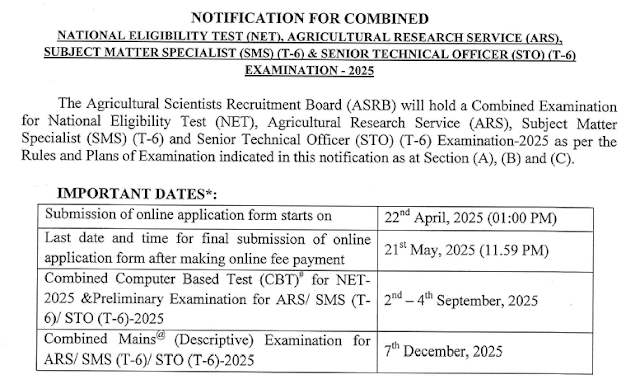Nobel Prize Contributions to Medicinal Plants and Their Importance in Future Research.
By Farin Khatoon.
Medicinal plants have played a crucial role in human health for centuries, providing natural remedies for various diseases. The Nobel Prize has recognized several groundbreaking discoveries related to medicinal plants, highlighting their immense therapeutic potential. One notable example is the 2015 Nobel Prize in Physiology or Medicine, awarded to Tu Youyou for her discovery of artemisinin, a revolutionary treatment for malaria derived from the sweet wormwood plant (Artemisia annua). Her work demonstrated the power of traditional medicine in modern drug discovery and set a precedent for future research.
The Importance of Studying Medicinal Plants
- Natural Drug Discovery – Medicinal plants remain a primary source of novel bioactive compounds, with many pharmaceutical drugs originating from plant-derived molecules.
- Alternative Therapies – With rising antibiotic resistance and the limitations of synthetic drugs, plant-based medicines offer promising alternatives for treating various ailments.
- Sustainability and Accessibility – Medicinal plants are often more accessible and affordable, especially in developing regions where conventional healthcare options are limited.
- Integration of Traditional and Modern Medicine – Studying medicinal plants fosters the fusion of ethnobotanical knowledge with scientific advancements, leading to innovative treatments.
Future Research Directions
- Advanced Extraction Techniques – Developing sustainable and efficient methods to isolate potent bioactive compounds from medicinal plants.
- Nanotechnology in Herbal Medicine – Exploring nanoformulations to enhance the bioavailability and therapeutic efficacy of plant-based compounds.
- Genetic Engineering of Medicinal Plants – Utilizing CRISPR and other genome-editing tools to enhance the production of pharmacologically active compounds.
- Plant-Microbe Interactions – Investigating how endophytic fungi and bacteria influence the medicinal properties of plants.
- AI and Machine Learning in Drug Discovery – Leveraging artificial intelligence to analyze vast plant-based compound libraries for potential drug candidates.
Research Gaps
- Standardization and Quality Control – There is a lack of consistency in herbal medicine formulations, which affects efficacy and safety.
- Clinical Validation – More extensive human trials are needed to establish the safety and effectiveness of plant-derived treatments.
- Biodiversity Conservation – Overharvesting of medicinal plants threatens their existence, emphasizing the need for conservation strategies.
- Regulatory Frameworks – Clear policies are required to integrate herbal medicine into mainstream healthcare systems.
- Synergistic Effects – Understanding how plant-derived compounds interact with synthetic drugs to improve therapeutic outcomes.
Medicinal plant research holds the potential to transform healthcare by offering sustainable, effective, and innovative treatments. By addressing research gaps and embracing new technologies, scientists can unlock the full potential of plant-derived medicines for future generations.



Comments